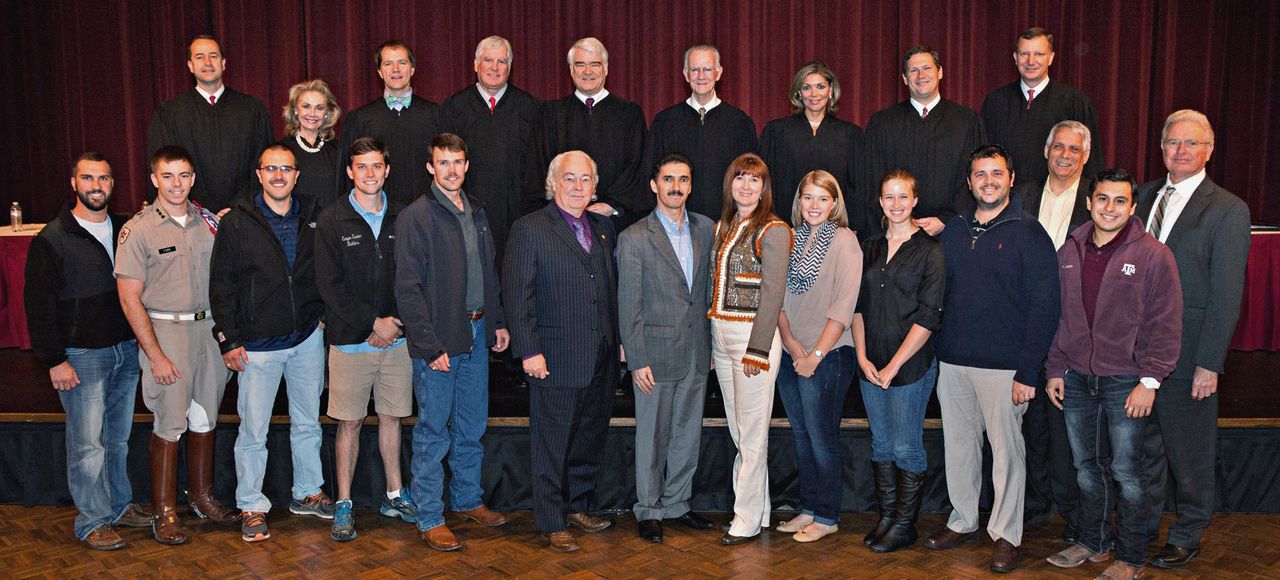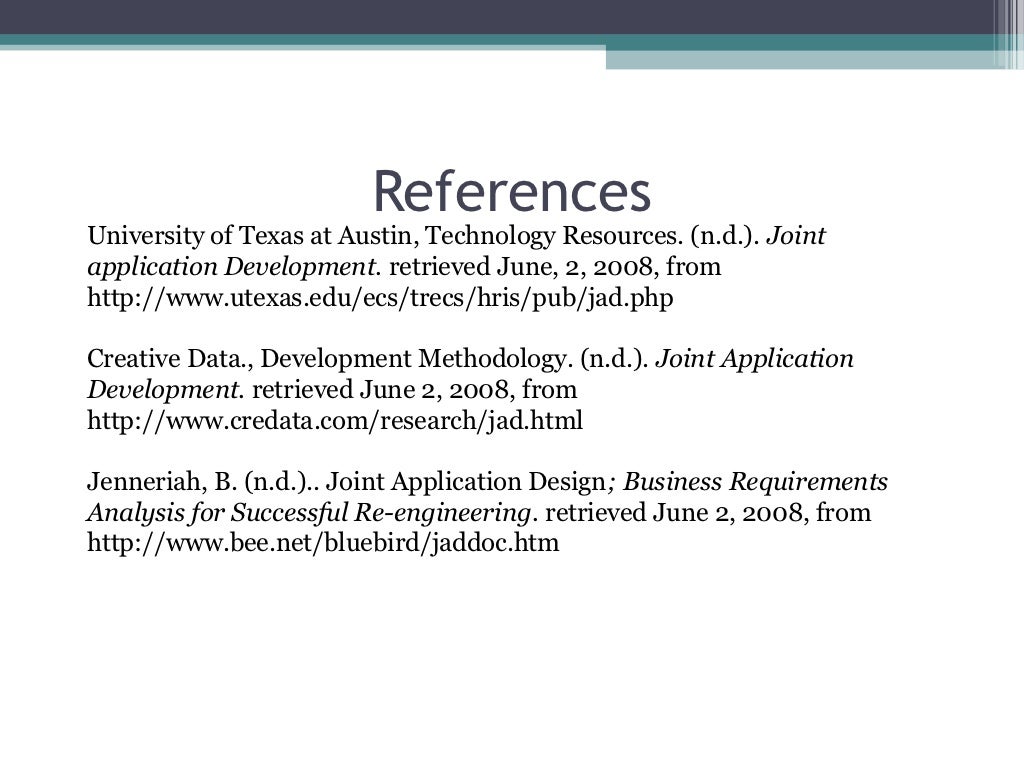Table of Content
We launched @recap.email and legal webhooks. In a few days, we will add appellate court support to the RECAP extension. Court refused to modify the judgment, and the State appealed. Substantively altered, a party adversely affected could terminate the agreement.
Two subcontractors employed by Petitioner, a homebuilder, asserted claims on behalf of a class of subcontractors whose pay Petitioner had docked when the subcontractors did not furnish proof of adequate general liability insurance coverage. Under the terms of the settlement agreement, Petitioner would issue refunds checks, sending them to existing subcontractors as it would their paychecks or by mailing checks to the last known addresses of former subcontractors. The class representatives agreed, on behalf of the settlement class members, that refund checks not negotiated within ninety days of issuance would be void and that those and other unclaimed funds would be given to The Nature Conservancy as a cy pres award. The trial court approved the settlement and rendered final judgment accordingly. The court of appeals reversed, concluding that the Texas Unclaimed Property Act prohibited the imposition of a ninety-day deadline for negotiating settlement checks and the cy pres award.
Texas Supreme Court
Why should money escheat to the State, if a charity can benefit from unclaimed settlement proceeds? The problem, as I see it, is two fold. First, and foremost, under the terms of this settlement agreement, the money belongs to the missing class members, not to Highland or the class representative. The missing parties' property rights can only be preserved if the State is permitted to act as their custodian under the UPA. Second, even if this were an appropriate case for a cy pres distribution , the cy pres distribution here is contrary to existing law on the subject.
At the earliest then, the three-year period commenced when the checks were issued. To be abandoned, nevertheless applies to all holders of checks. Charitable purpose that reasonably approximates the designated purpose.” R ESTATEM ENT O F T RUSTS § 67 .
Checking if the site connection is secure
Such cy pres distribution shall be made to the Nature Conservancy, a non-profit, charitable organization operating in Texas. In 2009, Benny & Benny amended its pleadings to add another subcontractor, Richard Polendo, and together they asserted claims on behalf of a class of more than 1,800 other subcontractors from whose pay Highland Homes had deducted amounts for insurance before clarifying its policy. The trial court certified the class under Rule 42,7 found Benny & Benny and Polendo to be adequate class representatives, appointed their lawyers as class counsel, and adopted a trial plan. Highland Homes appealed, but while the appeal was pending, the parties settled, subject to notice to the class and the trial court's review and approval. Finally, the Court argues that the UPA should not apply because it intrudes on the class representative's authority to act for class members under Rule 42.

Highland did not require, nor need, the class members to prove their right to the fund as Highland possessed all the relevant information in its own business records. It therefore allocated the entire fund to identifiable class members by issuing each of them a check for the specific amount owed. There accordingly was no unclaimed surplus to which an appropriate cy pres distribution could attach. The parties agree to a cy pres distribution of unclaimed funds owed to class members that cannot be located or who fail to negotiate the settlement check within ninety days of its issuance. The amount of these unclaimed funds will not be paid to individual Class Members.
Stay up-to-date with FindLaw's newsletter for legal professionals
The Court acknowledges that The Nature Conservancy was chosen as the cy pres recipient because it “share Highland Homes' vision of green building and commitment to the environment.” ––– S .W.3d at –––– . But Highland's vision or preferences are irrelevant because the settlement fund does not belong to Highland. It belongs to the class members whose claims created the fund. See Klier, 658 F.3d at 474 (“The settlement-fund proceeds, having been generated by the value of the class members' claims, belong solely to the class members.”) (citing Principles of the Law of Aggregate Litigation, 2010 A.L.I. § 3.07 cmt. b).
The absent members agreed to the 90–day limitation on taking property they claimed, just as the class representatives individually did, and are as fully bound. The parties recognized that despite these efforts, some class members would not be located, and that others might refuse refunds. In any event, Highland Homes received no tax deduction or other benefit from the award,11 and the appropriateness of the Conservancy as the beneficiary of the award is not at issue. Here, the settlement agreement does not purport to govern future claims to as-yet unidentified property—rather, it itself establishes the class's claim to reimbursement.
Accordingly, we reverse the judgment of the court of appeals6 and affirm the judgment of the trial court. Highland Homes agreed to pay Benny & Benny $28,000 and to refund to the settlement class—members who did not opt out8 —the total amounts withheld, plus each member's pro rata share of the difference between that total and $3,672,000 (less the amount for opt-outs). Highland Homes was to prepare from its records a list of class members with last known addresses and the amounts withheld from each.

For purposes of the UPA and the three-year period, at least, a check represents a property right that is distinct from the underlying obligation or transaction it represents. Missing property owners and in so doing also marginalizes the UPA's public policy concerns. Generally, when those circumstances persist for three years, the property in the possession of another is presumed abandoned by its owner and must be turned over to the State for safekeeping under the UPA. Not prevent property from being presumed abandoned. But that provision is inconsequential here. First place, the class representative also had the authority to prescribe the terms under which the checks would be paid.
The State also relies on a prior decision of the court of appeals28 and a recent decision of the Fifth Circuit,29 both of which concluded that cy pres awards in class actions violate the Unclaimed Property Act. In neither case did the court appear to consider the arguments we find persuasive here. To the extent the two cases conflict with our decision today, they are disapproved. I question whether the Court would be so favorably disposed to the class representative's power to redistribute unclaimed settlement proceeds if such proceeds were payable to the representative rather than a charity. I suspect that the Court's analysis is influenced more by where the unclaimed funds end up than by how they got there.
On the policy side, we helped pass a law to publish judicial financial disclosures to eliminate conflicts of interest. We opposed unconstitutional efforts to censor our website. We are working with others to develop a FOIA-like law for the judiciary. CourtListener is hosted by Free Law Project, a small non-profit that punches way above its weight.
As already discussed, the class representative's authority extends to the settlement of the class claims but not to the disposition or forfeiture of the individual class member's vested property rights. The class action rule may authorize the representative to settle the class member's claim, but it does not authorize the representative to take away the member's share of that settlement once it has vested. The UPA prevents individuals or entities that hold property belonging to others from prospectively contracting for the disposition of such property, if unclaimed by the rightful owner. Thus, for example, landlords, banks, utilities, and insurance companies cannot contract for the future disposition of unclaimed funds owed to their respective tenants, customers, or policyholders in circumvention of the UPA. The Court here, however, imbues the class representative in class-action litigation with special power to make such disposition.
The trial court refused to modify the judgment, and the State appealed. When the rule is followed, class representatives may assert—and agree to disposition of—claims on behalf of the class, including claims on behalf of absent members. In my view, the above provision includes both a limitation period and private escheat agreement prohibited under the UPA. The Property Code provides that property is presumed abandoned if "for longer than three years," no claim has been asserted or act of ownership exercised. Such reasoning renders the statutory prohibitions against private escheat agreements and contractual time limits meaningless.
The issue in this case is whether damages and settlement proceeds claimed by class representatives on behalf of absent members are nevertheless unclaimed property, presumed abandoned, and therefore subject to the Act. In other words, does the Act prohibit what Rule 42 permits—the disposition of absent class members' claims by their representatives with court approval? We hold that the Act, by its own terms, does not apply.

The Supreme Court reversed, holding that the Act did not apply in this case and that the judgment approving the settlement agreement was binding on all settlement class members. I fail to see how the class members' property interests here are any different or why they are entitled to any less protection under our UPA. Although parties generally have the right to contract as they see fit, they do not have the right to make agreements that violate the law or public policy. Co. of Am., 148 S.W.3d 124, 129 & n.11 (Tex.2004). This agreement violates the law because the parties have substantively agreed to the redisposition of future, unclaimed property—a private escheat agreement prohibited by the UPA.


No comments:
Post a Comment